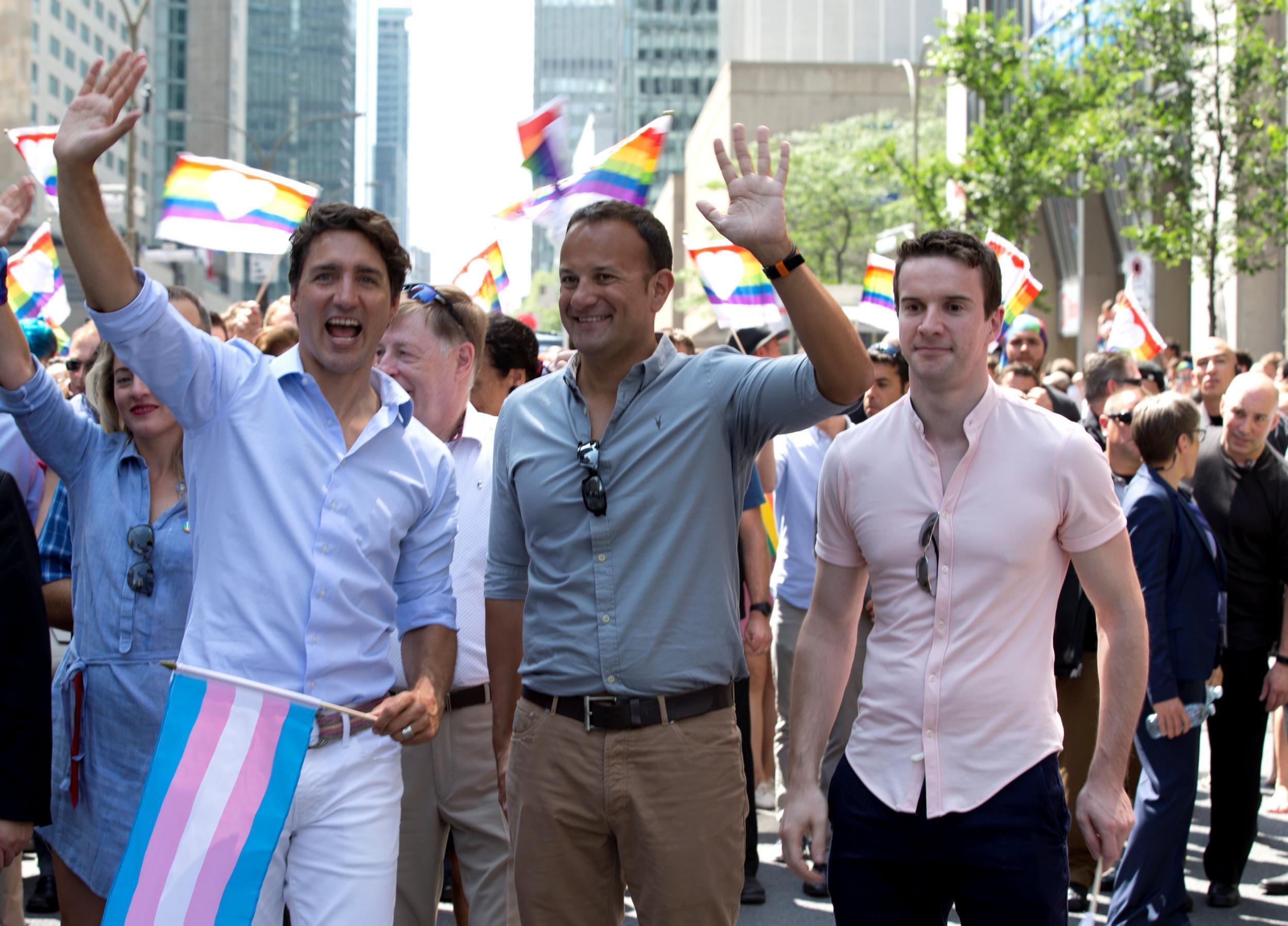Canada quietly gives asylum to gay people fleeing persecution in Russia
Chechen leader Ramzan Kadyrov has previously suggested deporting gay men to Canada

The federal government of Canada has been secretly helping gay Chechen men flee persecution in an under-the-radar programme.
The arrangement has been introduced under the guidance of Chrystia Freeland, Canada’s foreign affairs minister.
Ms Freeland “wanted to be able to save a few individuals”, according to a government source. “And we also wanted to allow Canada to serve as a demonstration for like-minded countries about what could be done.”
The deeply conservative republic of Chechnya, a federal subject of Russia, allegedly launched a “gay purge” this spring, originally reported by Russian opposition newspaper Novaya Gazeta.
The paper claimed that at least 100 men had been detained “in connection with their non-traditional sexual orientation”.
The MailOnline also reported the existence of a detention centre; a Nazi-style concentration camp in the town of Argun, designed to imprison and torture LGBT men so that they would leave the republic.
The Russian LGBT Network said that men were being hunted, rounded up and beaten, sometimes to death. They stated that 52 people had contacted them claiming to have been detained and tortured.
Reports on numbers vary, but at least 26 men are thought to have been murdered.
Over the last three months, 22 people, many of whom were living in Russian safe houses, are now safe in several Canadian cities, including Toronto. Other people fleeing Russia’s harsh anti-gay discrimination are expected to touch down in Canada over the next few weeks.
The asylum deal does not fall under the conventions of international law, but the North American country is carrying on despite this.
“Canada accepted a large number of people who are in great danger, and that is wonderful,” said Tanya Lokshina, the Russian program director for Human Rights Watch, in an interview with The Globe and Mail.
“The Canadian government deserves much praise for showing such openness and goodwill to provide sanctuary for these people. They did the right thing.”
The government scheme has been operating covertly for fear of reprisals. Kimahli Powell, the executive director of Rainbow Railroad, has spoken out, saying: “We needed to be discreet about the program for as long as possible to maintain their safety.”
But, he added: “We now have to focus on settlement and integration of these individuals. And it’s important that our community, who are concerned about them, know that they’re here, that they’re safe.”
The Canadian government has taken a strong line against LGBT discrimination. Prime Minister Justin Trudeau spoke out on International Day Against Homophobia, Transphobia and Biphobia.
He said: “In Canada and around the world, we must continue to fight against homophobia, transphobia and biphobia, and to defend gender expression, gender identity and sexual orientation rights.
“We deplore the recent, reprehensible reports of violations of the human rights of gay and bisexual men in Chechnya. We call for the protection of all people in Chechnya whose sexual orientation makes them a target for persecution.
”Human rights have no borders.”
The Chechen leader Ramzan Kadyrov himself suggested deporting gay men to North America: “If there are any, take them to Canada … Take them far from us so we don’t have them at home.
“To purify our blood, if there are any here, take them.”
Kadyrov has pursued homophobic policies in Chechnya since 2013, while the human rights situation for LGBT all over Russia has deteriorated significantly in recent years.
The UN LGBT rights expert Vitit Muntarbhorn has previously called upon the authorities to put an end to the persecution.
“These are acts of persecution and violence on an unprecedented scale in the region, and constitute serious violations of the obligations of the Russian Federation under international human rights law.
“We call on Russia to take urgent measures to protect the life, liberty and security of gay and bisexual people in Chechnya.”
In response to global outrage and condemnation from countries such as the UK, US and Germany, Chechnya has repeatedly denied the existence of a purge.
Indeed, they have claimed that there are no LGBT people in the predominantly Muslim republic.
Kadyrov’s spokesperson said chillingly:
“You cannot arrest or repress people who just don’t exist in the republic.
“If such people existed in Chechnya, law enforcement would not have to worry about them, as their own relatives would have sent them to where they could never return.”
Join our commenting forum
Join thought-provoking conversations, follow other Independent readers and see their replies
Comments
Bookmark popover
Removed from bookmarks